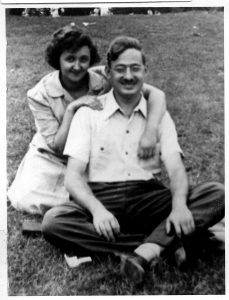
Ethel and Julius Rosenberg. Source: Meeropol Family Archives
On March 29, 1951, Julius and Ethel Rosenberg were convicted of espionage.
Howard Zinn explained in A People’s History of the United States:
It was not McCarthy and the Republicans, but the liberal Democratic Truman administration, whose Justice Department initiated a series of prosecutions that intensified the nation’s anti-Communist mood. The most important was the prosecution of Julius and Ethel Rosenberg in the summer of 1950.
The Rosenbergs were charged with espionage. The major evidence was supplied by a few people who had already confessed to being spies, and were either in prison or under indictment. David Greenglass, the brother of Ethel Rosenberg, was the key witness. He had been a machinist at the Manhattan Project laboratory at Los Alamos, New Mexico, in 1944-1945 when the atomic bomb was being made there and testified that Julius Rosenberg had asked him to get information for the Russians.
Read a detailed description of the case at the Rosenberg Fund for Children. Here are some excerpts:
At the time of the first release of grand jury material in 2008, Morton Sobell, then in his 90’s, acknowledged publicly that he, along with Julius Rosenberg, passed non-atomic, military-industrial information to the USSR. He said the primary purpose of this work was to help the USSR defeat the Nazis during World War II.
The book Final Verdict: What Really Happened in the Rosenberg Case published in 2010, gave further weight to the argument that Ethel Rosenberg was wrongfully convicted and that Julius’ espionage in the 1940’s for the USSR, did not include any transmission of atomic information. The authors’ meticulous research, in fact reveals even more information that corroborates the claim that evidence against Ethel was fabricated.
It supports this summary of the case:
-
-
- Julius Rosenberg engaged in non-atomic espionage for the Soviet Union during the 1940’s.
-
-
-
- At least nine months after the Soviets suspended their relationship with Julius, the Greenglasses delivered atomic information of relatively little value to the Soviet Union without the Rosenbergs’ assistance.
-
-
-
- Neither Rosenberg was a member of an atomic spy ring that stole the secret of the Atomic Bomb.
-
-
-
- The United States government knew all along that Ethel Rosenberg was not an espionage agent, and that Julius was not an atomic spy, but executed them both anyway. Continue reading at Rosenberg Fund for Children.
-
On June 19, 1953, hours before their execution, Ethel and Julius Rosenberg wrote a letter to their two young sons: Michael, age 10 and Robby, age six. In the video below, Angela Davis sets the scene and Eve Ensler and Cotter Smith read the letter, as part of the Rosenberg Fund for Children “Carry It Forward” on the anniversary of the executions.
Listen to the song “The Rosenbergs” by Joe DeFilippo and performed by the R. J. Phillips Band, a group of Baltimore studio musicians.
Learn about the role of junior prosecutor Roy Cohn in the Democracy Now! segment below about the documentary film, “Where’s My Roy Cohn?” with director Matt Tyrnauer. Cohn went on serve as a chief counsel to Senator Joseph McCarthy during the Red Scare in the 1950s and would later become a leading mob attorney. Cohn represented Donald Trump for years.

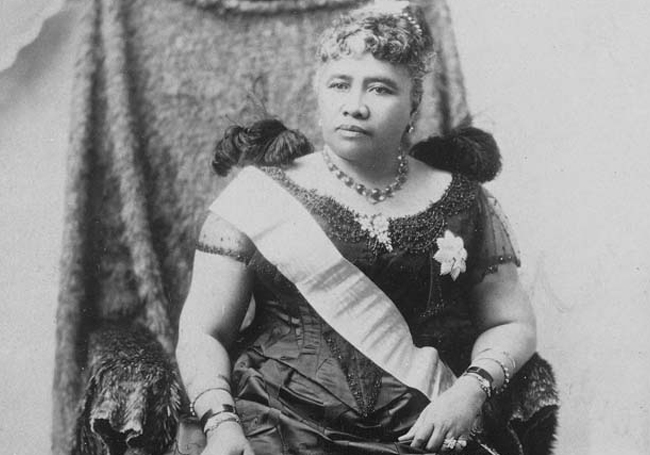

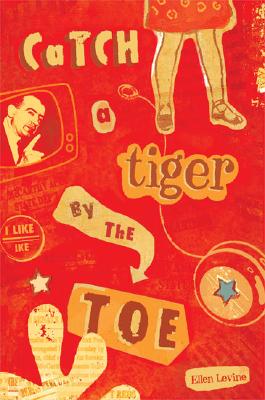
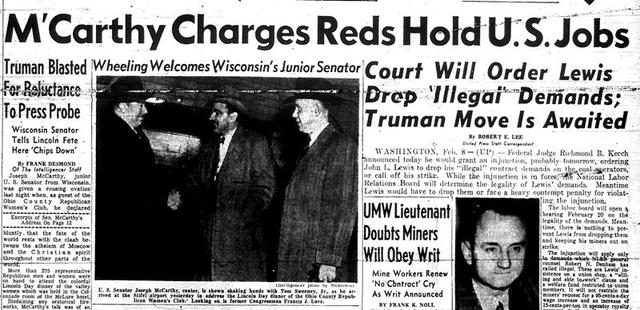

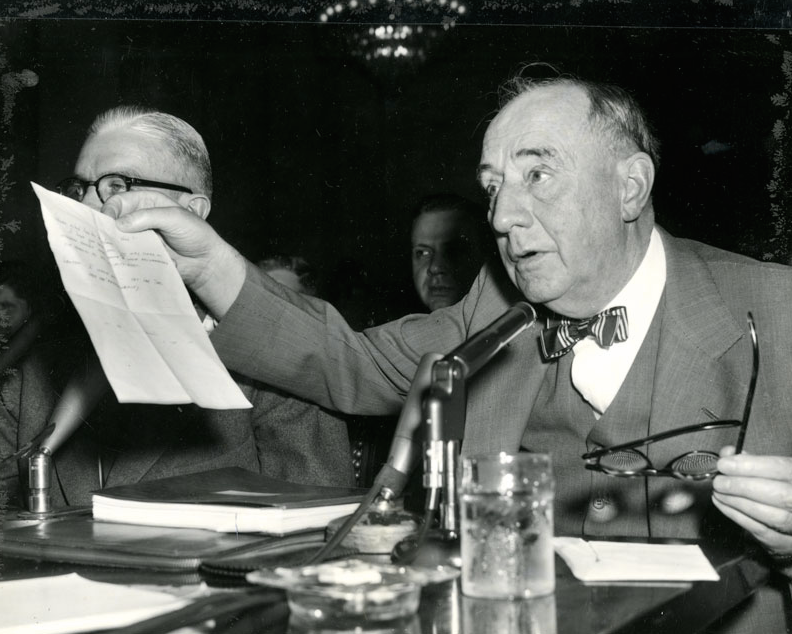





Twitter
Google plus
LinkedIn